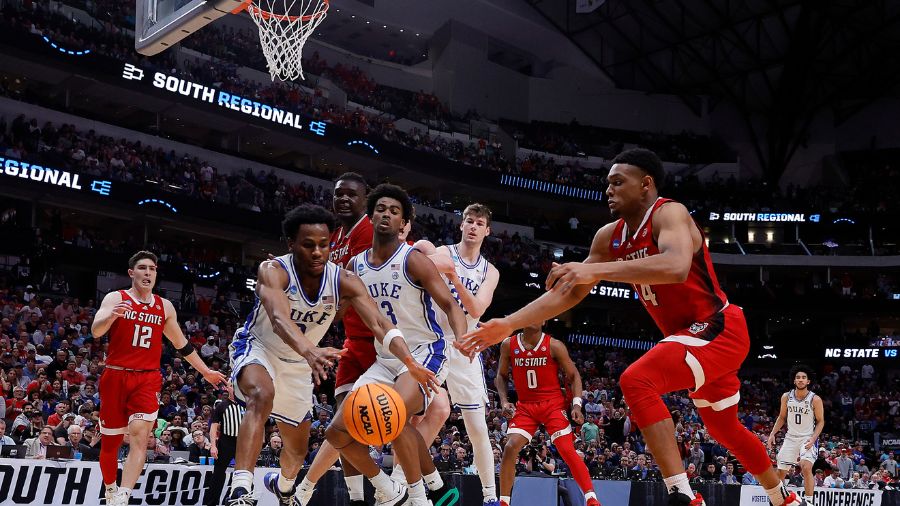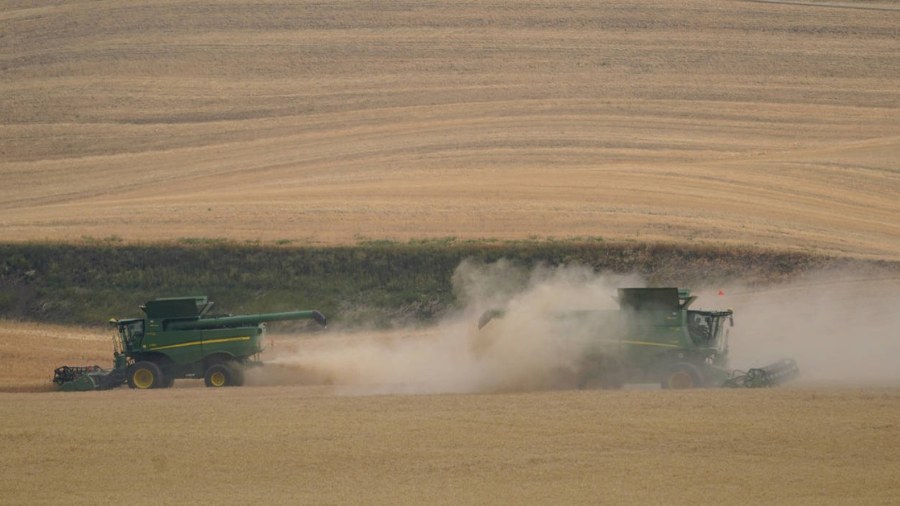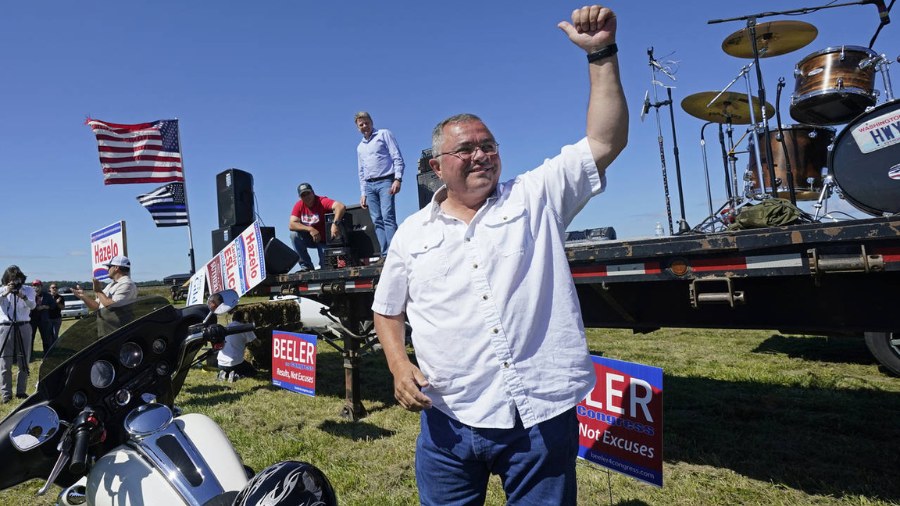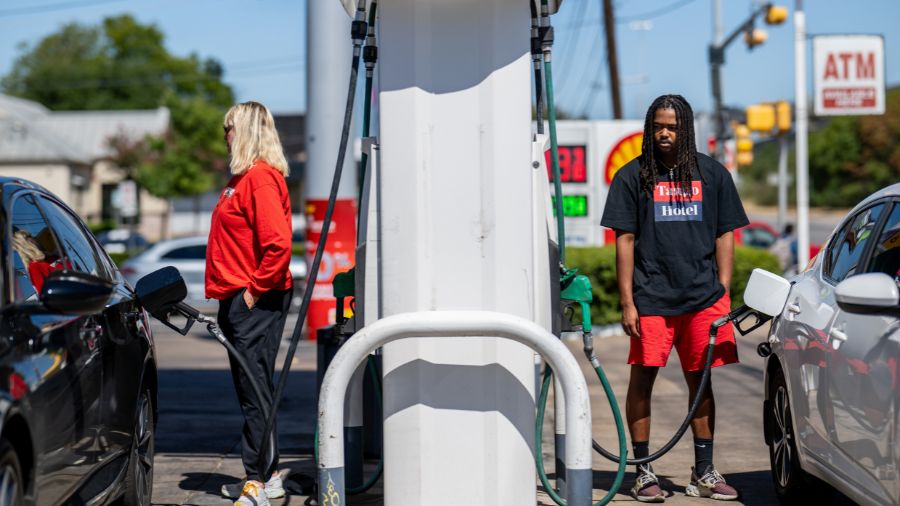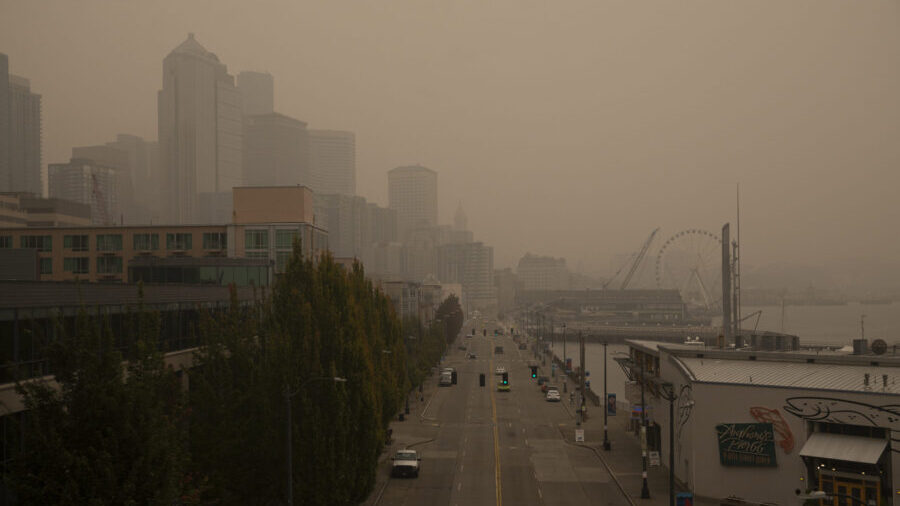Judge will make decision on City of Seattle trash lawsuit by end of month
Apr 14, 2016, 4:59 PM | Updated: Apr 15, 2016, 2:40 pm

Because thieves don't generally care about emotionally valuable items, they are frequently ditched near the trash. (AP)
(AP)
Update:
King County Superior Court Judge Beth Andrus heard the case Thursday and said she will issue a written decision by the end of business day on April 29.
The hearing included a hefty discussion of constitutional law, privacy rights and precedent-setting cases involving trash-pickup and privacy.
Pacific Legal Foundation attorney Ethan Blevins said the city is breaking the law.
“We believe the city’s decision to have garbage collectors inspect residents’ trash on a weekly basis — inspecting for food waste or other recyclables — is a violation of Seattle residents’ right to privacy,” he said. “The Washington state constitution has special protections for privacy similar to the federal constitution’s Fourth Amendment, but Washington’s privacy right is even more robust.”
Ted Seder, an attorney for the City of Seattle, said the lawsuit lacked evidence that anything had changed with the implementation of a new ordinance requiring residents to put compostable items in compost bins.
“Trash collectors have been looking for prohibitive items in garbage since the beginning of trash collection,” he told the judge. “In the city prior to this ordinance, trash collectors looked for 43 items … and now there’s a 44th item.”
Original story:
Is the City of Seattle violating residents’ civil rights when it looks at their trash?
That’s the key question in a case that will be heard by a King County Superior Court judge on Friday.
Eight plaintiffs joined together to sue the city over its practices regarding garbage collection. The Libertarian group, Pacific Legal Foundation, filed the lawsuit last July.
Scott Shock is one of those plaintiffs.
“Me and my family are really diligent about recycling and composting our yard waste and it felt like the city was going overboard in being punitive about their approach to this issue,” he said.
Related: Washington lawmakers consider cutting taxes for beer and booze
Shock believes the city is violating his privacy when it checks to see whether he’s properly recycling and composting. He notes that he might have personal information in his garbage.
“I just think it’s the wrong approach for the city to move toward acting like big brother and acting punitive towards its citizens,” he said, especially ones who want to be cooperative.
In his response to the court, City Attorney Pete Holmes argues that Seattle is not breaking any laws.
“Plaintiffs are attempting to turn a straightforward police power case into a titanic struggle regarding constitutional law principles,” he writes. “This court should decline to follow the plaintiff into that dismal swamp.”
Seattle made national headlines over a year ago when public utilities officials announced they’d be fining residents who don’t properly sort their compost and recyclables.
They said they’d start out with the tags to get residents used to the new law. Later, the city was going to add the bonafide fines. But they’ve postponed the implementation of such fines more than once. So far, the city has yet to fine any private residents.


